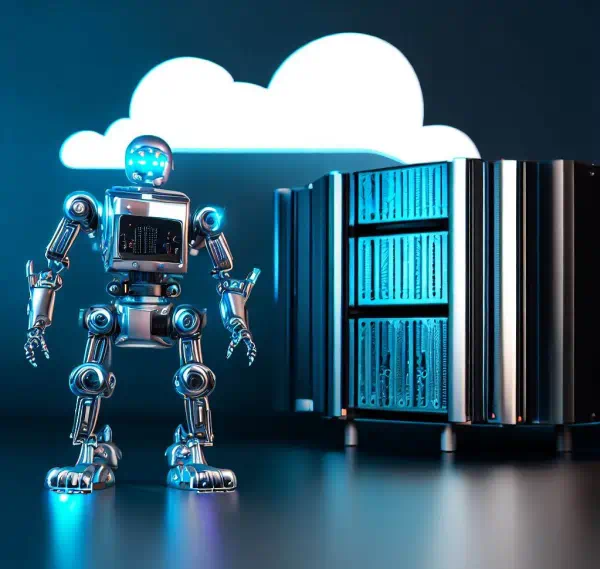Bare Metal Server vs Cloud Server: Which One is Right for Your Business?
As the business landscape increasingly shifts towards digitalization, the choice between different server options has become a critical decision for businesses. Among the popular choices available today, Bare Metal Servers and Cloud Servers are the most prevalent. But how do they differ, and which one is right for your business? Let’s dive in and compare these two server options.
Bare Metal Server: The Powerhouse
Bare Metal Servers are physical servers dedicated entirely to one tenant, meaning they’re not shared with other users. The biggest advantage of a Bare Metal Server is its high performance. With exclusive access to all the server’s resources, there’s no ‘noisy neighbor’ effect to contend with, thus ensuring consistent and powerful performance.
Moreover, Bare Metal Servers offer superior security. Since you’re the only one with access to the server, the risk of data breaches is significantly lower. This makes them ideal for businesses dealing with sensitive information or strict compliance requirements.
However, the upfront cost for a Bare Metal Server can be quite high, given the physical hardware investment. Plus, scaling up requires adding new hardware, which can be time-consuming and expensive. In terms of maintenance, you’ll need a dedicated IT team for installation, management, and problem resolution.
Cloud Server: The Scalability Star
Cloud Servers are virtual servers that run on shared hardware. Their standout feature is their scalability. Cloud Servers can adjust quickly to handle traffic spikes or increase capacity, making them ideal for businesses with fluctuating workloads or those that are growing rapidly.
Moreover, Cloud Servers operate on a pay-as-you-go model, so you only pay for the resources you use. This can be cost-effective, especially for businesses with variable server demands. Additionally, the cloud provider handles the maintenance, which can reduce the need for an extensive in-house IT team.
On the flip side, even though cloud providers strive to isolate users and resources, the ‘noisy neighbor’ effect can still occur. This means another user’s heavy resource usage can slow down performance for others on the shared hardware. While typically secure, Cloud Servers do present a slightly higher security risk than Bare Metal Servers due to their shared nature.
So, Bare Metal or Cloud Server?
The choice between Bare Metal Servers and Cloud Servers ultimately depends on your business’s specific needs.
If your business requires powerful, consistent performance and high-level security, then a Bare Metal Server could be the best choice. However, if your needs are more geared towards scalability, flexibility, and cost-effectiveness, a Cloud Server might be the ideal solution.
However, don’t forget that you’re not limited to one or the other. Many businesses benefit from a hybrid approach, leveraging the best of both worlds. They use cloud servers for scalability and flexibility, and bare metal servers for tasks requiring superior performance and security.
Making the right choice between Bare Metal and Cloud Servers can make all the difference in handling your data requirements efficiently. It’s a decision that could significantly impact your business’s performance, scalability, and bottom line.
Remember, your business is unique, and so are its server needs. Therefore, consider your options carefully, keeping in mind your current requirements and future growth plans.
Absolutely, here’s a comparison table between Bare Metal Servers and Cloud Servers:
| Bare Metal Server | Cloud Server | |
|---|---|---|
| Performance | High, consistent | Good, may vary |
| Scalability | Limited, time-consuming | High, near-instant |
| Cost | High upfront cost, predictable monthly costs | Pay-as-you-go, costs can fluctuate |
| Security | Superior, full control | Good, potentially affected by shared environment |
| Maintenance | Requires dedicated IT team | Handled by cloud provider |
| Management | Full control, more complex | Typically easier, managed by provider |
| Ideal Use Case | High-performance tasks, sensitive data | Fluctuating workloads, rapid scaling |

